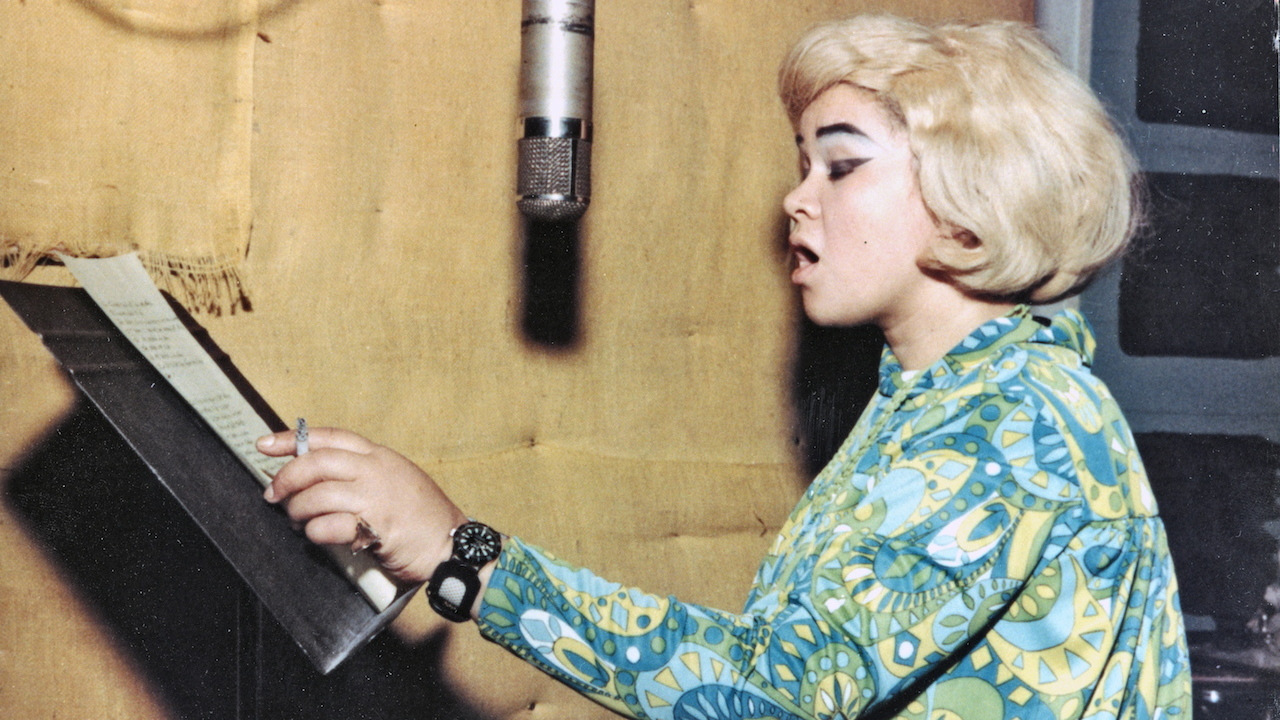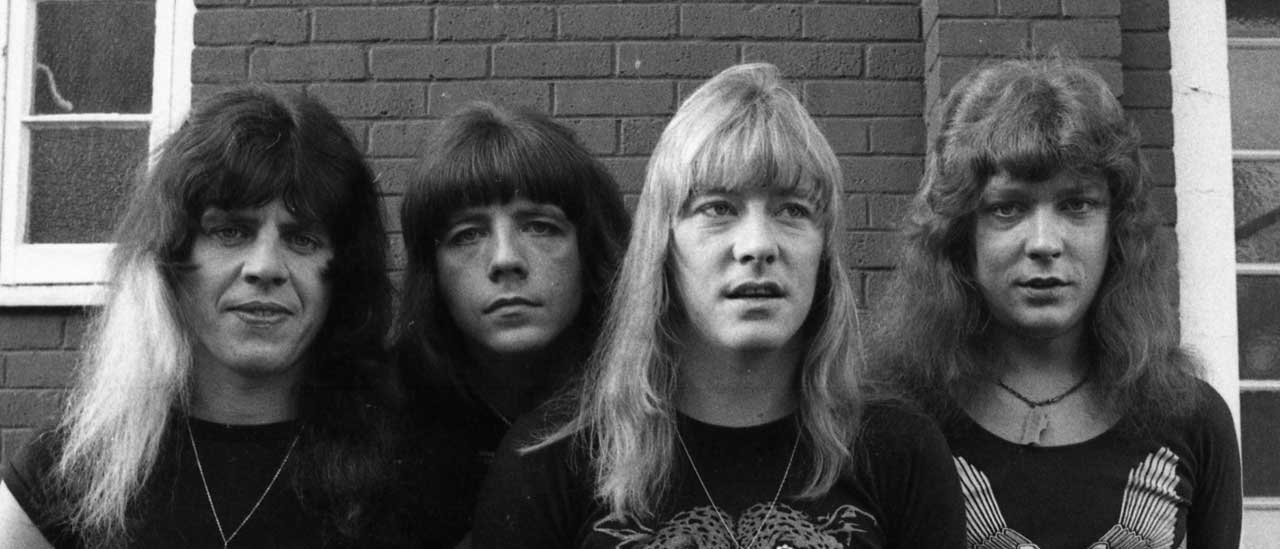Etta James: Buyer's Guide
From teenage R&B prodigy to Matriarch Of The Blues, this deep soul diva’s output was passionate, wounded and raunchy.

Among those rare non-playing, non-(or rarely) writing male blues singers, the champ was the late Bobby Bland; his closest female equivalent was Etta James (1938-2012), who wrote rarely but often successfully.
Born Jamesetta Hawkins in LA to a 14-year-old mother and abandoned by her father (who may have been the legendary poolshark Minnesota Fats, immortalised in the movie The Hustler), she followed an archetypal vocal path incorporating both church and street-corner harmonising.
Discovered and signed, like so many others, by Johnny Otis, the 14-year-old Etta was catapulted into the hard-scrabble world of commercial R&B courtesy of LA’s Modern label, scoring first crack out of the box with the grindingly
lascivious Roll With Me Henry (hastily retitled The Wallflower and covered by the anodyne Georgia Gibbs). In 1960, she moved house to Chess, where she stayed for the next 18 years, inspiring the likes of Janis Joplin and recording her most substantial body of work, including classics At Last, I’d Rather Go Blind, In The Basement and Tell Mama.
Triumphing over drug, alcohol and relationship traumas, she continued to record and perform, burning down the house until just before her death: always a done-it-all blueswoman, a had-it-all-done-to-me deep-soul queen and the roughest, toughest jazz diva of ’em all.
Essential
The perfect introduction
From bluesy heartache to funky raunch: the startling range of Etta’s Chess era.
Throughout the 1960s, this plump, pugnacious little fireplug was Chess Records’ most consistent and reliable hitmaker. You want raunchy, funky soul to challenge the best of Aretha Franklin’s Atlantic sides? Tell Mama, Something’s Got A Hold On Me, In The Basement. You want heartrending bluesy balladry? You can’t get much better than At Last (a 1942 Glenn Miller chestnut, of all things) and I’d Rather Go Blind. You want that version of Muddy’s I Just Want To Make Love To You, alongside a few other Southside classics like Spoonful and Baby What You Want Me To Do? Yep, present and correct. You want sophisto-pop classics exquisitely roughed-up? Try Stormy Weather and These Foolish Things.
Sign up below to get the latest from Classic Rock, plus exclusive special offers, direct to your inbox!
Like Aretha, Etta could handle anything from pop-jazz standards to gutbucket blues, and all points in between, and the startling range of her Chess work, combined with the rock-solid personal identity she manifested in any style Chess’s producers dreamed up, was the hallmark of her greatness. Remember: At Last and I Just Wanna Make Love To You were two sides of the same single, and the same singer.
Superior
The releases that built her reputation
The cream of Etta’s early years.
1950s LA pop for blues people (or blues for pop people): a nifty selection of the Modern Records sides cut by Young Etta in her first few studio years. Blatantly derivative of whatever was successful at the time (hey, it kicks off with W.O.M.A.N. – hi, Muddy, hi Bo!), it’s nonetheless big rocking fun all the way. R&B, jump and doo-wop grooves garnished with hilariously dirty sax solos: only two big hits (Roll With Me Henry and Good Rockin’ Daddy) but with compositions by the likes of Leiber & Stoller, Richard Berry and Berry Gordy, it blends high class and low life as well as any commercial R&B of its era.
Etta’s final LP does not go gently.
Etta sings Billie, and explores the Great American Songbook.
- The Hard And Fast Times of Janis Joplin
- Buyer's Guide: Muddy Waters
- The 100 Greatest Blues Singers
- Wilko Johnson And The Best Of Chess Records
Good
Worth a look
At her lowest ebb, she still shines.
The Right Time (Elektra)
This 1992 team-up with Atlantic maestro Jerry Wexler fractionally out-vibes their 1977 collaboration, Deep In The Night. Bookended by I Sing the Blues and Down Home Blues, with Steve Cropper and Willie Weeks on the session team, The Right Time adds a Steve Winwood duet and a repertoire including Al Green’s Love And Happiness and George Jackson’s Wet Match (splendidly dismissing an inadequate lover), plus goodies by Hayes & Porter and Allen Toussaint, and her own Let It Rock. The result delivers kick-off-your- shoes Etta with the funk knob cranked to 11.
Avoid
Like the plague
Damp squib fails to ignite.
Charles Shaar Murray is the award-winning author of Crosstown Traffic: Jimi Hendrix And Post-war Pop, and Boogie Man: The Adventures of John Lee Hooker in the American Twentieth Century. The first two decades of his journalism, criticism and vulgar abuse have been collected in Shots From The Hip. A founding contributor to Q and Mojo magazines, his work has appeared in newspapers like The Guardian, The Observer, The Independent, The Independent on Sunday, Evening Standard, and magazines including Word, Vogue, MacUser, Guitarist, Prospect and New Statesman.
